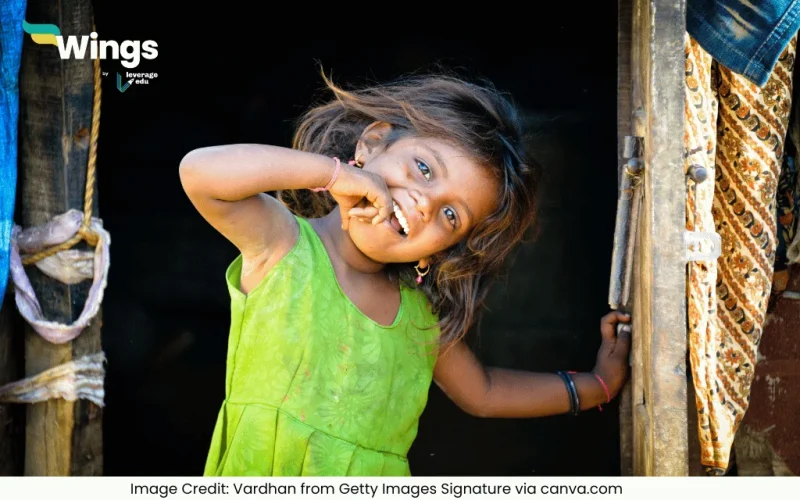Discuss the Main Reasons for Poverty in India. Poverty remains a significant issue in India, affecting millions of people despite economic growth and development efforts. Several factors contribute to this persistent problem, ranging from historical causes to contemporary economic and social challenges.
1. Historical Reasons
India’s colonial past played a major role in its economic struggles. The British rule led to the drain of wealth, deindustrialization, and an agrarian economy that struggled to modernize. Even after independence, it took time for the country to recover and build a strong economic foundation.
2. Rapid Population Growth
India has a large and growing population, which increases demand for basic necessities such as food, healthcare, and jobs. When resources and employment opportunities fail to keep up with population growth, poverty levels rise.
3. Unemployment and Underemployment
A major reason for poverty in India is the lack of sufficient job opportunities. Many people are engaged in informal employment, earning low wages with no job security. Underemployment is also common, where individuals work fewer hours than they need to sustain a decent living.
4. Income Inequality
Despite economic progress, wealth distribution in India remains highly unequal. A significant portion of the population struggles to meet their basic needs, while a small section enjoys extreme wealth. This economic disparity contributes to persistent poverty.
5. Poor Agricultural Productivity
Agriculture employs a large percentage of India’s population, yet many farmers struggle with low productivity, outdated farming techniques, lack of irrigation, and climate-related challenges. This results in low incomes, keeping rural populations in poverty.
6. Lack of Education
Education plays a crucial role in poverty reduction, but many people in India still lack access to quality education. Without proper education, individuals find it difficult to get well-paying jobs, leading to a cycle of poverty.
7. Corruption and Poor Governance
Corruption in government programs and inefficient implementation of welfare schemes hinder poverty alleviation efforts. Funds meant for development often do not reach the intended beneficiaries, limiting the impact of social programs.
8. Social Discrimination
Caste-based and gender discrimination limit economic opportunities for certain groups, especially in rural areas. Women, Dalits, and tribal communities often face greater difficulties in accessing education, employment, and financial resources.
Discuss the Main Reasons for Poverty in India. Poverty in India is a complex issue influenced by historical, economic, and social factors. Addressing it requires strong governance, job creation, better education, and agricultural reforms. With the right policies and initiatives, India can reduce poverty and ensure a better future for its citizens.
Common Doubts
 45,000+ students trusted us with their dreams. Take the first step today!
45,000+ students trusted us with their dreams. Take the first step today!


 One app for all your study abroad needs
One app for all your study abroad needs










